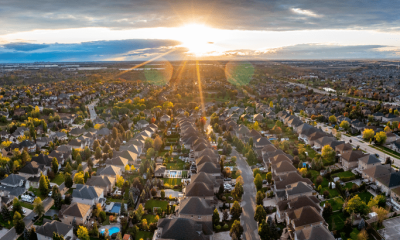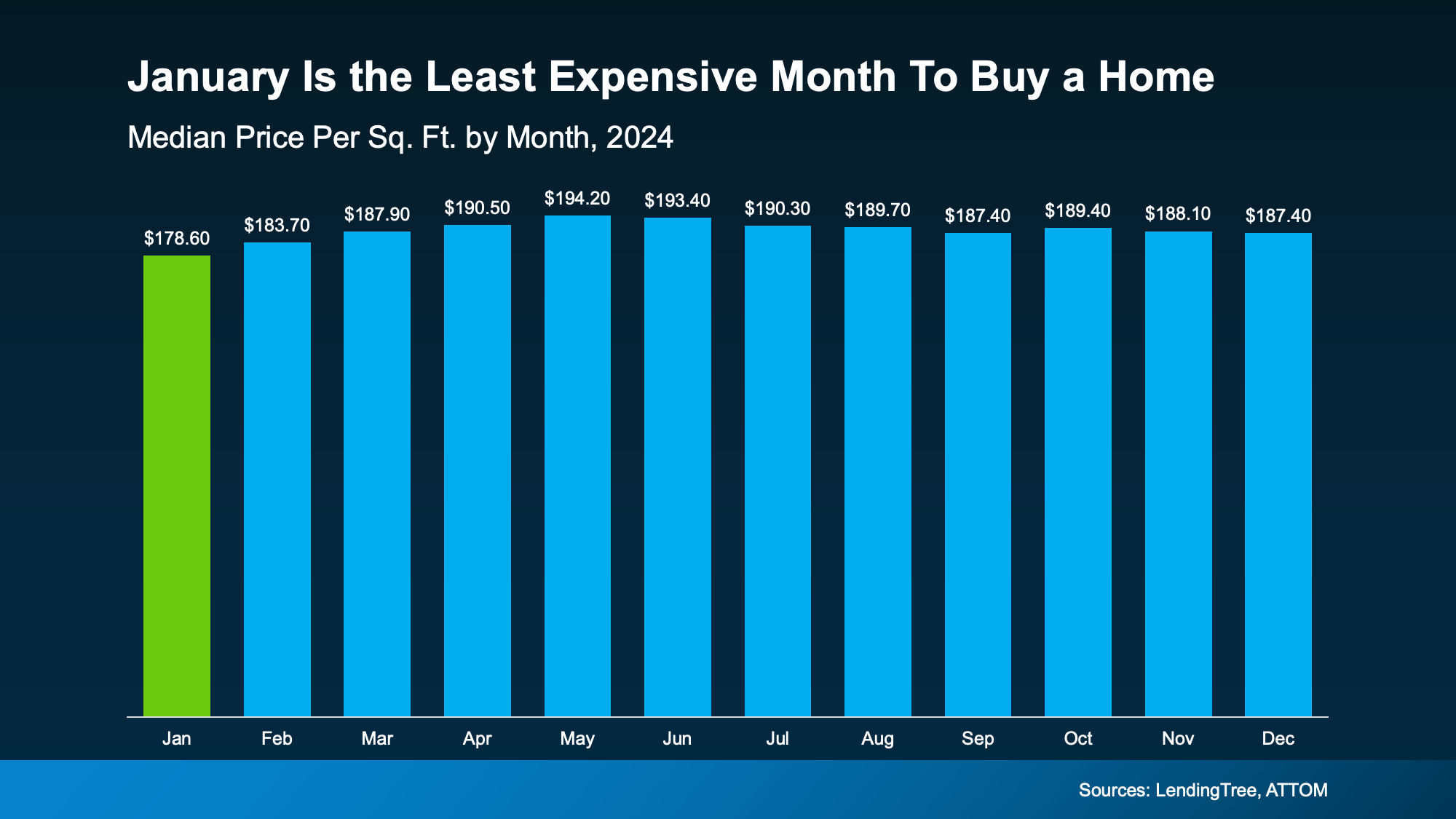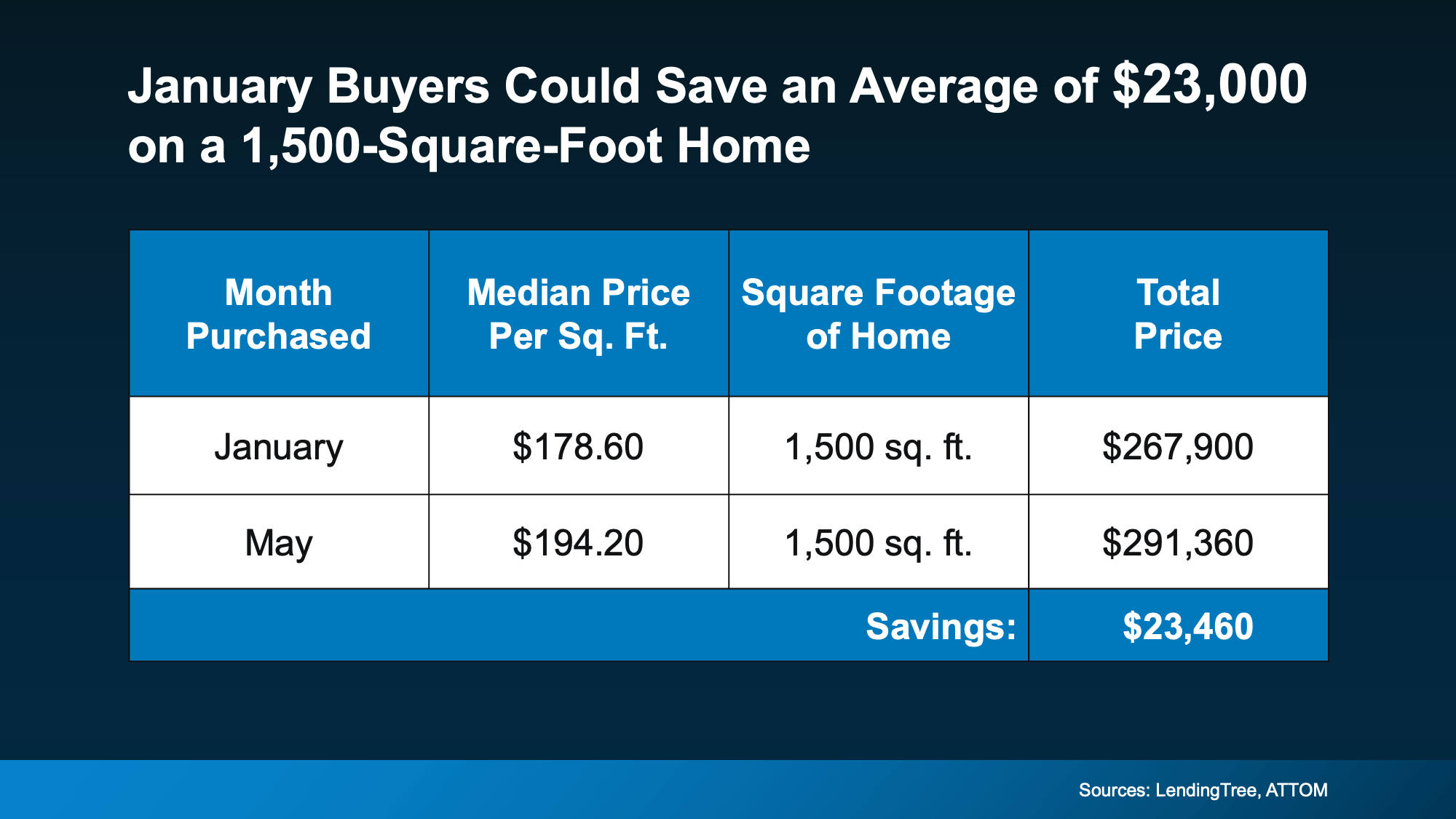If you’re one of the thousands of homebuyers waiting for rates to fall, you should know it’s already happening. And they recently crossed an important milestone. Rates officially dipped their toes into the 5s – something that hasn’t happened in about 3 years.
This moment marked a critical threshold. Now, rates are sitting in the low 6% territory. And expert forecasts project they’ll hover near this range throughout the year.
Here’s why that’s so good for you.
Why Current Rates Are Such a Big Deal
A mortgage rate doesn’t just affect the interest you end up paying on your home loan. It shapes your entire buying experience.
When rates were up around 7% just one year ago, a lot of buyers felt priced out. Payments were higher. Budgets felt tighter. Affordability was a bigger challenge. That’s especially true for first-time homebuyers, who felt the biggest pinch.
But according to industry experts, that’s starting to change now that rates are slowly inching down. Let’s break down why.
Right now, borrowing costs are in their lowest range in almost 3 years. And that can change the type of home you can afford.
At 6% or below, you’ll see:
- Lower monthly payments. The payment on a $400k home loan is down over $300 compared to when rates were around 7%.
- More buying power, thanks to the extra breathing room in your budget.
In other words, you can now make a stronger offer, purchase in a different location, or buy a home that checks more of your boxes. And that feels like a big shift compared to when rates were at 7%.
This Opens the Door for 550,000 Buyers
To drive home just how much this helps potential homebuyers like you, consider this research from the National Association of Realtors (NAR). It shows that when mortgage rates sit around this level, millions more households can afford a home. When rates are at 6% or below:
- 5.5 million more households can afford the median-priced home
- And roughly 550,000 of those people will likely buy a home within 12 to 18 months
That’s not just speculation. That’s pent-up demand finally getting the green light they’ve been waiting for. You’ve got the chance right now to get ahead and buy before more people notice the game has just changed.
Because whether rates stay in the low 6s or dip back down into the upper 5s, the math is already working in your favor. And the difference from a low 6% to a high 5% isn’t as big as you may think. But the difference from 7% to 6%? That is very much a big deal, and it’s a number that’s already working in your favor.
An Important Call Out
Mortgage rates don’t operate in a vacuum. Home prices, local inventory, property taxes, home insurance, and your personal finances still matter.
And a rate in this territory doesn’t mean every home suddenly works for every buyer. That’s why getting pre-approved and running your numbers with a trusted lender is key.
Still, this rate environment puts more buyers in play than we’ve seen in years. So, if buying didn’t work for you before, it’s worth taking another look.
Bottom Line
Mortgage rates dropping to a 3-year low isn’t just a headline.
For many buyers, where rates are now could be the difference between watching from the sidelines and finally getting the keys to their next home.
If you’ve been waiting for a sign to re-run your numbers and see what’s possible now, this is it.
Connect with a lender to take a look at what today’s rates mean for your budget and your options.



 Buying Tips4 weeks ago
Buying Tips4 weeks ago
 First-Time Buyers4 weeks ago
First-Time Buyers4 weeks ago
 For Sellers3 weeks ago
For Sellers3 weeks ago
 Buying Tips3 weeks ago
Buying Tips3 weeks ago
 First-Time Buyers2 weeks ago
First-Time Buyers2 weeks ago
 For Buyers3 weeks ago
For Buyers3 weeks ago
 For Buyers2 weeks ago
For Buyers2 weeks ago
 For Sellers1 week ago
For Sellers1 week ago














You must be logged in to post a comment Login